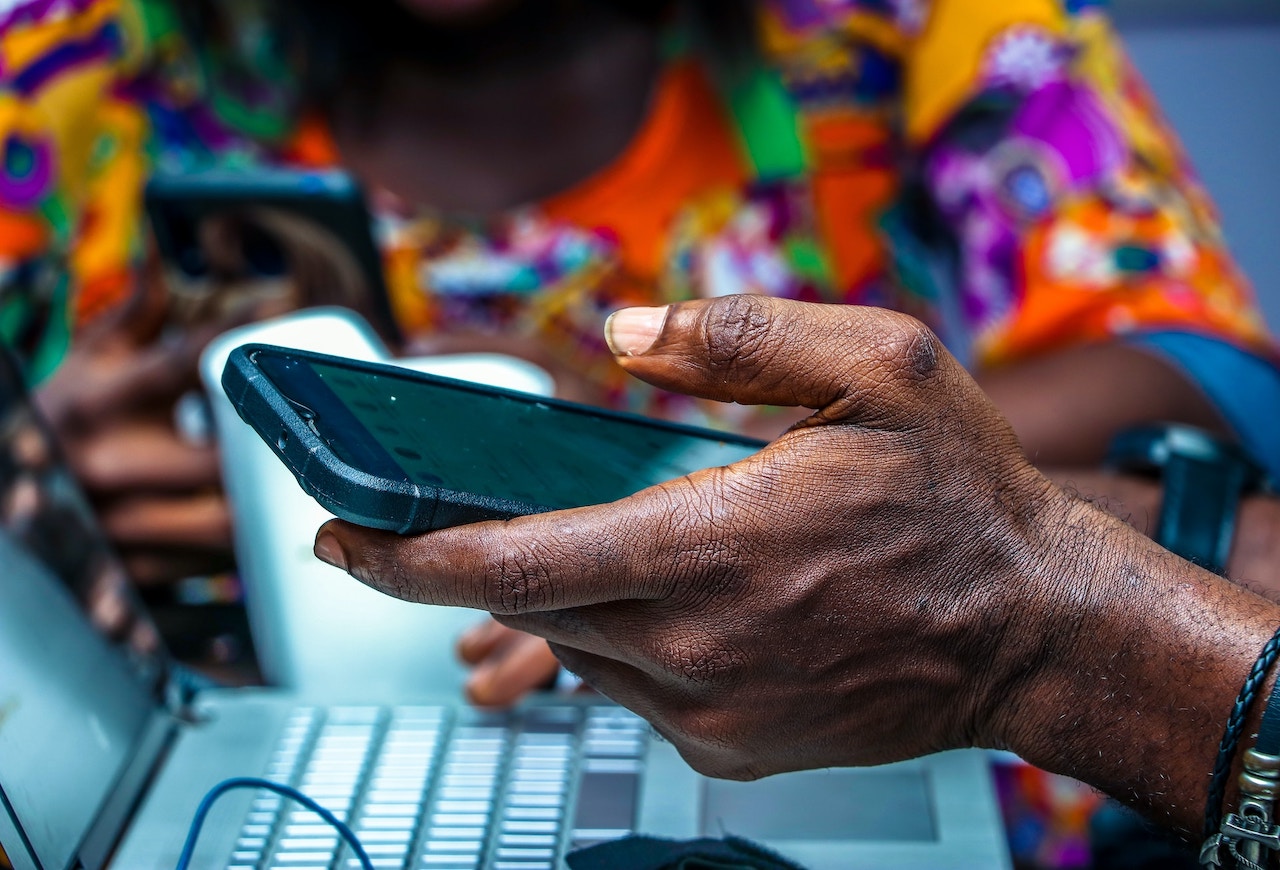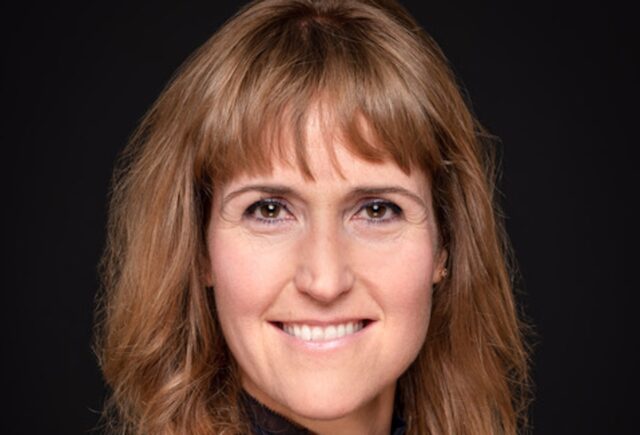A co-financing arrangement between the UK government and a Nigerian credit guarantee provider has facilitated local investment in rural mobile networks.

InfraCredit, a Lagos-based infrastructure credit guarantee institution, has catalysed funding to expand Nigeria’s mobile phone network in rural areas, via an innovative co-financing arrangement backed by the UK government.
Hotspot Network Limited has issued a seven-year fixed-rate local currency debt issue to raise finance to help fund construction, installation and commissioning of 120 solar powered rural telecom base stations across 22 Nigerian states. The company hopes to expand to 2,000 sites over the next three to seven years, providing mobile coverage for some 13m of the 37m Nigerians who currently don’t have any.
Under the initiative, a credit enhancement for Hotspot’s debt issue is being provided through a co-financing arrangement between InfraCredit and the £10m Climate Finance Blending Facility, which is funded by the UK’s Foreign, Commonwealth and Development Office (FCDO). The climate facility was established in 2022 to enable InfraCredit to help de-risk, reduce the capital cost and catalyse investment from domestic institutional investors to support off-grid clean energy.
This is one of a growing number of initiatives to tackle challenges in bringing local funding into impactful projects in many parts of Africa, especially rural areas, often because investors view them as having a higher commercial risk than is actually the case – an issue also highlighted in a report on African impact investing from Bridgespan Research, published in August.
Nigerian infrastructure projects have struggled to attract local institutional investment. Fewer than 2% of pension fund assets have been invested in infrastructure, because fund administrators preferred to invest in more liquid, less complex investment instruments such as government bonds, according to InfraCredit.
High impact investment
Boosting mobile phone and internet coverage is regarded as a highly effective social impact investment for the poorest rural areas of Africa. Phone access provides remote farming communities with information on agricultural best practice, weather, and market prices, and gives access to banking services, health advice, and educational support. It has also been shown to reduce gender inequality and reduce maternal and child mortality.
“At InfraCredit, we are all very excited about the uniqueness and impact of this transaction, enabling local currency finance that is designed to promote inclusive, sustainable infrastructure and foster innovation that would not have been possible without the smart use of catalytic capital from FCDO and our development partners,” Chinua Azubike, InfraCredit’s CEO, said.
He said working with development partners to leverage private sector and domestic institutional investment to facilitate climate-aligned inclusive digital infrastructure projects in off-grid unserved communities had “the greatest potential to create most jobs, bridge the digital gender gap and lift more people out of poverty”.
Note from the editor: This article replaces an earlier version of the story and clarifies that credit enhancement for the debt issue was provided through a co-financing arrangement between InfraCredit and the FCDO’s Climate Finance Blending Facility.





